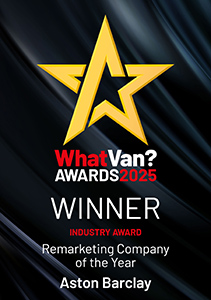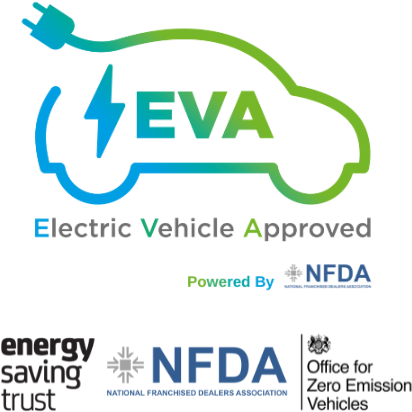
London Congestion Charge to Include EVs from December 2025
Transport for London (TfL) has confirmed that from 25 December 2025, electric vehicle (EV) drivers will no longer be exempt from the capital’s £15 daily Congestion Charge.
Previously, zero-emission vehicles benefited from a significant discount, paying just £10 per year to access the Congestion Charge Zone. This exemption, introduced in 2021 by Mayor Sadiq Khan, was designed to encourage the transition to electric vehicles. However, as part of the changes announced this week, all vehicles, including EVs, will be subject to the full daily fee from the end of next year.
The move is expected to affect up to 100,000 EV owners who currently enjoy discounted or free access to the zone.
A spokesperson for TfL explained the decision:
“Ending the Cleaner Vehicle Discount from 25 December 2025 will maintain the effectiveness of the Congestion Charge, which is in place to manage traffic and congestion in the heart of London.”
The decision has sparked criticism from within the EV community. Speaking to Top Gear, James Court, CEO of Electric Vehicle Association (EVA) England, commented:
“It’s hugely disappointing that the mayor is removing this incentive, and it is completely counterintuitive. As other cities are moving towards electric vehicles and the cleaner air that brings, London will be going in the other direction.”
While the change marks a shift in policy, TfL maintains that it aligns with broader goals to reduce traffic volume and improve the flow of vehicles in central London, regardless of their emissions status.
EV drivers and stakeholders are now awaiting further details and clarity on how the change may be phased in or whether any alternative support will be introduced.
Lidl Becomes First UK Supermarket to Offer EV Charging Payments via Loyalty App
Lidl has announced a UK-first for supermarket retailers: electric vehicle (EV) drivers will soon be able to pay for charging directly through the Lidl Plus rewards app. The new feature is expected to roll out across all 370 EV charging stations nationwide by the end of summer.
The initiative marks the latest step in Lidl’s ongoing investment in sustainable infrastructure. Since introducing EV charging forecourts in 2017, the retailer has invested more than £15 million in expanding and upgrading its electric vehicle charging network.
Richard Taylor, Lidl GB’s Chief Development Officer, commented:
“Sustainability is at the heart of everything we do at Lidl. I’m incredibly proud of the investment we’ve made in our EV charging infrastructure over the years, going above and beyond the sector to give greater access to rapid charging.
Since we opened our first store 30 years ago, Lidl has contributed to a shift in the way people shop for their groceries. This is the latest example of how we’re enhancing the customer experience through innovation and accessibility.”
The move is expected to improve convenience for Lidl customers and EV drivers alike, offering a seamless, integrated solution that ties together charging, payment, and loyalty rewards in a single app.
As the demand for EV infrastructure continues to grow, Lidl’s approach sets a new benchmark for the retail sector in supporting sustainable travel.
Mitsubishi Joins Honda-Nissan Alliance to Accelerate EV and Software Development
In a significant move for the Japanese automotive industry, Mitsubishi Motors is set to join forces with Honda and Nissan, expanding the recently announced Honda-Nissan electric vehicle (EV) partnership into a broader three-way alliance focused on EV innovation and software development.
According to reports, Mitsubishi has signed a non-disclosure agreement with Honda and Nissan and has already entered preliminary discussions to collaborate on key areas of electric mobility.
One of the alliance’s primary goals is believed to be the standardisation of in-vehicle software across future EV models, an area where greater interoperability and efficiency could significantly reduce development timelines and costs. Mitsubishi’s expertise in plug-in hybrid technology is expected to play a key role, complementing Honda’s advancements in fuel cell technology and Nissan’s long-standing experience in mass-market EVs.
By pooling resources and technical know-how, the three automakers aim to accelerate product development, reduce R&D expenses, and create a more unified EV platform capable of competing on a global scale, particularly against rapidly growing Chinese EV manufacturers, who currently dominate the sector.
If successful, the alliance could reshape the EV landscape by creating a formidable Japanese consortium ready to challenge the next era of mobility.






